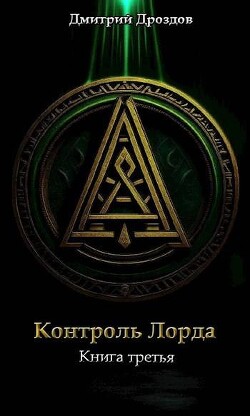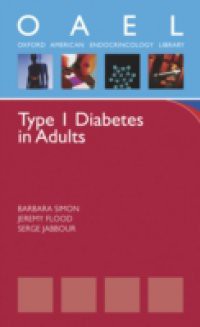This is the study of the status of intellectuals in the People's Republic of China during and after the events of Tiananmen Square. Currently intellectuals find themselves on the cusp of change as the socialist state monopoly on academia, scientific and technical research is yielding to market pressures. Universities must be, at least partially, self-sustaining. Entrepreneurial niches, outside of state control, are opening for intellectuals as industry privatizes. The entire society has shifted its focus from ideology to material wealth. These dramatic changes have forced choices on China's thought workers. English-Lueck, in conducting over a hundred interviews, highlights the choices and constraints of nonestablishment Chinese intellectuals at the end of the 20th century as they establish a new identity for themselves, and perhaps even for China.



 8.96 (111)
8.96 (111) 











